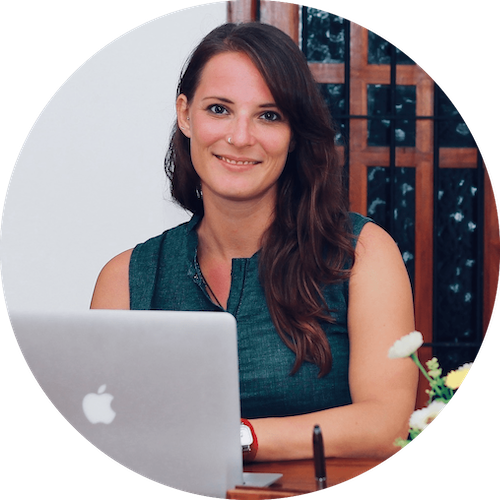People who suffer from a general mental and emotional malaise from November to March may wonder what’s wrong with them and why they can’t seem to shake their lethargy and depression. After all, they see friends and coworkers coping with the shorter days and cold weather without noticeably adverse effects. Since the 1980s, scientists have studied the impact that the winter season has on people who appear to be affected by a deficit of light. This condition, called seasonal affective disorder (SAD), can make it very difficult to maintain relationships at work and among friends and family due to depression, persistent fatigue, difficulty concentrating, and a general feeling of hopelessness.
Science has yet to determine the precise causes of SAD, though there are several factors that seem to play a key role. It is clearly connected to light, specifically, light the brain perceives through the eyes. In some people, levels of the hormone melatonin appear to be affected, while in others it might be an imbalance in the brain involving the neurotransmitter serotonin. In general, an increase in exposure to light appears to help, though the precise physiology isn’t fully understood. There are a number of measures that have been adopted by people who suffer from SAD, many of which seem to help alleviate their condition, though to varying degrees.
Let the light in
The one thing you should strive for is light and bright colors. Surround yourself with lamps, install blinds, open drapes, and paint rooms in bright and cheerful colors. A combination of internal light and sunlight should be your goal. You may also benefit from exposure to a light box or special lamps that mimic sunlight. These are all features of what psychologists call light therapy, a form of treatment that is more effective than Prozac at helping people with SAD, according to a 2015 Canadian study.
Light therapy seems to make the brain believe it’s experiencing natural light, which results in improved moods. It’s often effective at helping people deal with the effects of SAD, though it can take several weeks for individuals to show marked improvement. Some people try to jump-start their day by putting a lamp on a timer, so it turns on a half hour or so before they get up for work.
The great outdoors
If you suffer from a light deficit at work, try working near an outside window so you can get exposure to the sun while you’re inside. Go for a stroll outside on your lunch break or organize a walking club with a group of friends. The important thing is to spend time outdoors, even if there’s only minimal sunlight or if it’s cloudy outside. Doctors recommend 30 minutes of exercise a day, which you can combine with your need for natural light by taking brisk walks or jogging.
Mental health boost
Exercise can provide you with a quick mental health boost. Running, aerobic exercise, walking, or cycling activate chemicals that make you feel better and more optimistic. Losing weight and looking trim can also give you an important shot of self-confidence. If you can’t get outside, try setting up a small indoor gym with weights, kettlebells, a jump rope, a training bike, and more. Physical activity has a positive impact on the brain and on your mood as well as your body, and it’s a good way to manage stress.
Doctors sometimes prescribe drugs such as Prozac to treat seasonal affective disorder, but there are other things you can do yourself to alleviate the problem. Light and exercise are two of the most common strategies. Remember to contact your doctor or a counselor if depression persists.
Written by Kimberly Hayes





Leave A Comment